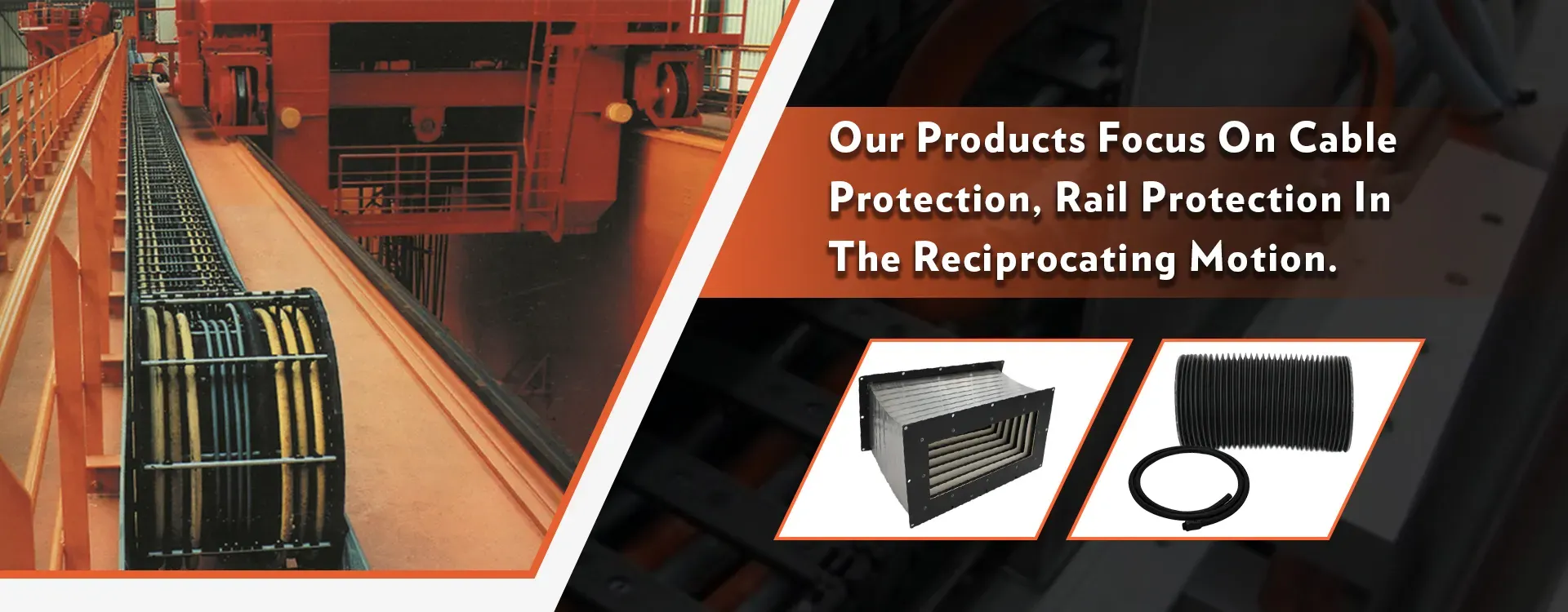Cable management systems for efficient chain solutions and organization of wires and cables
Understanding Cable Carrier Chains An Essential Component in Modern Engineering
Cable carrier chains, also known as drag chains or cable track systems, are critical components used in various industrial applications. Their primary function is to protect and manage the movement of cables, hoses, and other flexible components in machinery and equipment. With the rapid advancements in automation and robotics, the significance of cable carrier chains has grown tremendously in modern engineering.
What is a Cable Carrier Chain?
A cable carrier chain is a modular system composed of interconnected links that form a channel for guiding cables and hoses. These chains ensure that cables are organized, prevent tangling, and protect them from damage caused by abrasion, bending, or environmental factors. They can be found in various settings, from manufacturing plants to robotics labs, where smooth and efficient cable management is essential.
Types of Cable Carrier Chains
Cable carrier chains come in various styles and materials, each designed for specific applications. Among the most common are
1. Plastic Cable Carrier Chains Lightweight and versatile, plastic options are often used in applications where weight reduction is crucial. They are resistant to chemicals and provide good wear resistance.
2. Metal Cable Carrier Chains These chains are known for their durability and strength. They are typically used in environments subject to extreme temperatures, heavy loads, or harsh conditions.
3. Open and Closed Designs Cable carrier chains can be designed with open or closed sides. Open-sided chains allow for easier access to the cables, making it simpler to service or replace them, while closed designs offer better protection against debris and environmental hazards.
Advantages of Using Cable Carrier Chains
1. Protection of Cables One of the primary benefits of cable carrier chains is that they shield cables and hoses from mechanical damage. By keeping them organized and away from moving parts, the risk of wear and tear is significantly reduced.
cable carrier chain

2. Flexibility and Movement Cable carrier chains are designed to move with the machinery they are connected to, allowing for smooth and unrestricted motion. This flexibility is particularly beneficial in applications that require dynamic movement, such as CNC machines or robotic arms.
3. Reduction of Downtime With efficient cable management, the risk of cable failure decreases, leading to reduced maintenance and replacement costs. This contributes to minimized downtime in production processes, improving overall productivity.
4. Customization Cable carrier systems can be customized to suit specific applications, accommodating various cable sizes and types. Additionally, they can be manufactured in different lengths and configurations to fit the unique requirements of any machinery or robotic system.
Applications of Cable Carrier Chains
Cable carrier chains are utilized in a multitude of industries. Here are some key applications
- Manufacturing and Assembly Lines In automated production environments, cable carrier chains help manage power and data cables that supply energy and communication to machines, ensuring smooth operation.
- Robotics In robotic arms and automated systems, cable carrier chains are essential for facilitating movement while keeping the cables secure and unencumbered, enhancing the robot's performance and longevity.
- Construction and Heavy Equipment Cable carrier chains are implemented in cranes and excavators to handle power cables that operate hydraulic systems and electronic controls, promoting safe and effective machinery operation.
- Material Handling In conveyor systems, cable carrier chains are used to guide and protect the cables that power and monitor the equipment, leading to efficient material transport.
Conclusion
As industries continue to evolve and embrace automation, the role of cable carrier chains becomes even more prominent. Their ability to safeguard cables, improve productivity, and enhance equipment performance makes them an indispensable element in modern engineering. Ultimately, investing in high-quality cable carrier chains is crucial for any operation seeking to optimize its machinery and ensure long-term reliability. With the right cable carrier solution, businesses can achieve a seamless and efficient workflow, driving success in an increasingly competitive landscape.








